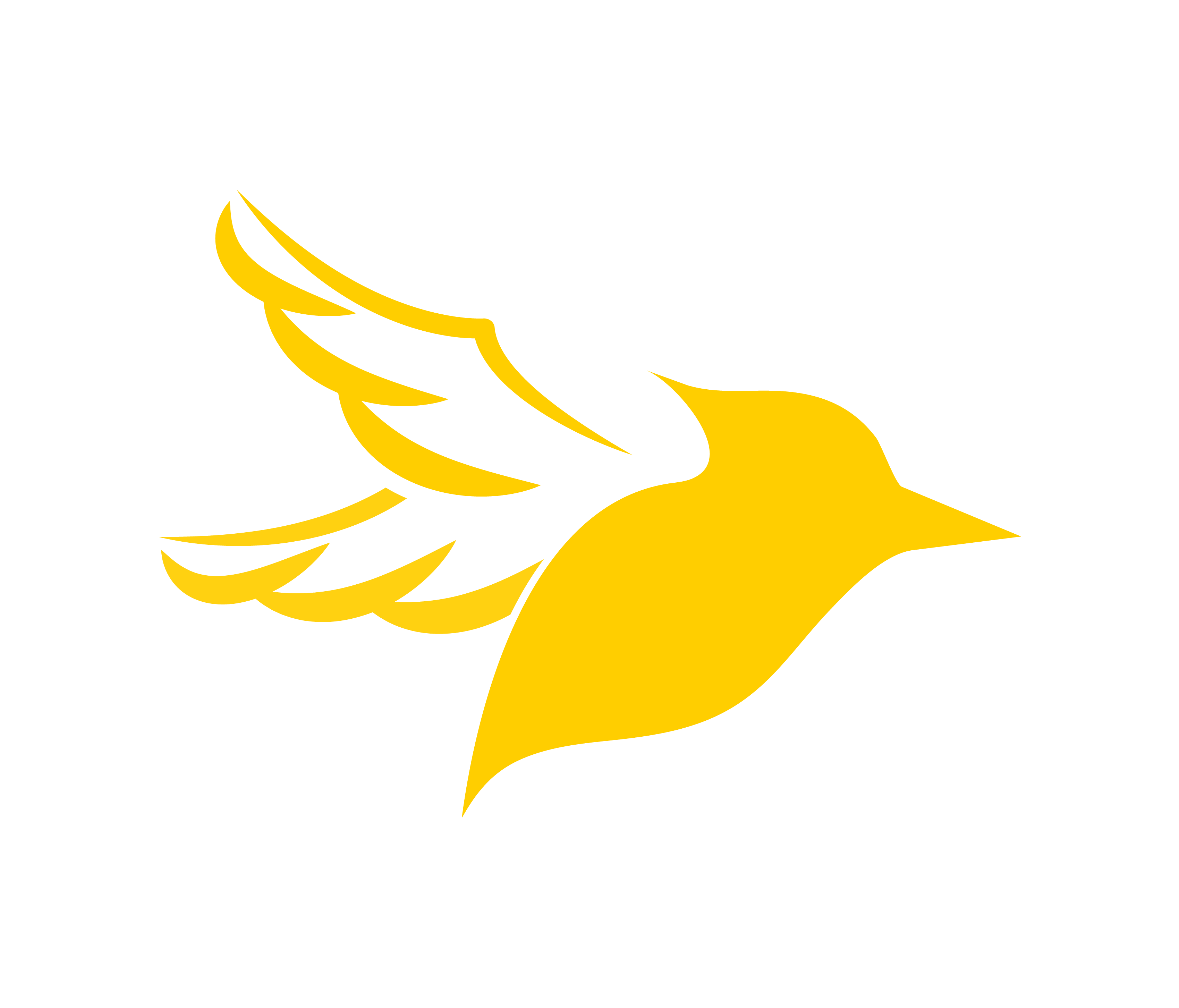

Line Productions
Budgeting
One of the most critical responsibilities of line production is managing the film’s budget. The line producer creates a detailed budget based on the script, covering all expenses such as crew salaries, equipment, locations, travel, post-production, and contingency funds.
Key Task:
Making sure the project stays on budget without compromising quality, through constant monitoring and adjusting costs as needed.
Scheduling
The line producer develops a comprehensive production schedule, breaking down the entire film shoot into manageable phases. This involves determining when and where each scene will be shot, taking into account factors like actor availability, location access, and time constraints.
Key Task:
Ensuring that the production follows the timeline and avoiding delays, which can lead to increased costs.
Hiring Crew and Managing Personnel
The line producer is in charge of hiring the film crew, which includes cinematographers, production designers, sound engineers, and other technical staff. They may also oversee the hiring of department heads like the director of photography, production manager, and assistant directors.
Key Task:
Ensuring the right people are in place to execute the creative vision while maintaining the efficiency of the production.
Logistics and Resources Management
Line production involves the logistical organization of all resources needed for filming. This includes securing equipment (cameras, lighting, etc.), sourcing props, arranging for set design, and managing costume and makeup departments.
Key Task:
Making sure all necessary resources are available on time for each day of shooting, without logistical hiccups that could disrupt production.
Location Scouting and Permitting
The line producer or location manager works to identify and secure filming locations that fit the script’s needs. They also ensure that all legal and administrative tasks are handled, including obtaining the necessary permits to shoot in certain areas or dealing with location-specific issues like security or access restrictions.
Key Task:
Making sure locations are locked down, safe, and accessible for the crew on the shooting days.
Coordinating Transportation and Travel
When shooting on location or in multiple locations, the line producer manages the transportation of crew, cast, and equipment. This includes booking flights, arranging accommodations, and organizing ground transportation.
Key Task:
Ensuring that everyone and everything arrives on set as planned, and stays within budget.
Overseeing Daily Operations
During production, the line producer manages the day-to-day operations of the film shoot. This includes making sure scenes are being shot as scheduled, troubleshooting any issues that arise (like weather delays or technical failures), and ensuring that everyone adheres to the budget and timeline.
Key Task:
Monitoring progress, addressing challenges as they arise, and making quick decisions to keep production on track.
Ensuring Safety and Compliance
Line producers are responsible for ensuring the health and safety of the cast and crew. They must make sure that the production follows all legal and industry regulations, such as labor laws, union contracts, and workplace safety standards.
Key Task:
Ensuring safety measures, medical support, insurance coverage, and compliance with local laws.
Vendor and Supplier Coordination
The line producer manages relationships with vendors and suppliers, from equipment rental companies to catering services. They negotiate contracts, manage delivery schedules, and ensure that all supplies arrive on time and within budget.
Key Task:
Maintaining good relationships with external suppliers to ensure smooth day-to-day production activities.
Problem-Solving and Contingency Planning
Line production requires constant problem-solving to deal with unexpected issues, such as bad weather, technical malfunctions, or cast/crew absences. The line producer must also have contingency plans in place to address any problems that might affect the production.
Key Task:
Quickly resolving issues and having backup plans to avoid major disruptions or costly delays.
Cost Reporting and Financial Management
Throughout the production, the line producer regularly reports on the financial status of the project. They track expenses, adjust the budget if needed, and ensure that all payments are made to cast, crew, and vendors.
Key Task:
Keeping the producers and financiers informed about where the money is going, and ensuring financial transparency.
Line Producer’s Role
The line producer is the key individual overseeing line production. They work closely with the director, executive producers, and other heads of departments to ensure that the creative vision is executed within the practical constraints of the budget and schedule. They are typically involved from pre-production through to post-production and are essential for managing both the business and logistical aspects of filmmaking.
Key Responsibilities of a Line Producer:
Budget Management: Creating and maintaining the production budget.
Hiring Crew: Securing and coordinating the crew necessary for production.
Scheduling: Planning shooting schedules and timelines.
Overseeing Logistics: Coordinating locations, transportation, and equipment.
Monitoring Production Progress: Ensuring the film stays on schedule and within budget.
Why Line Production is Essential
Line production is the backbone of the filmmaking process. While the director and creative team focus on the vision of the film, the line producer ensures that the project runs smoothly, solving any logistical challenges and making sure the production stays financially feasible. Without effective line production, films risk delays, overspending, or even failure to complete.
In short, line production is the engine that keeps a film’s production moving forward, ensuring that all the practical elements come together to realize the director’s vision.

